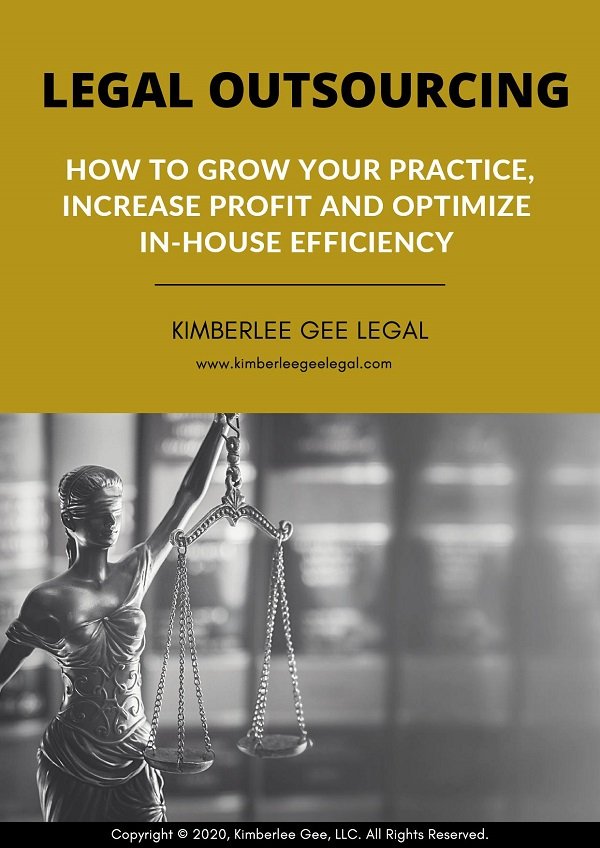According to the National Employment Law Project, an estimated 70 million people in the United States—nearly one in three adults—have an arrest or conviction record.
Incarceration is detrimental for many reasons, but one very significant reason is the barrier it creates in securing employment. In a recent survey, a total of 92% of responding employers stated that they subjected all or some of their job candidates to criminal background checks. Fewer than 40 percent of companies indicated they “probably” or “definitely” would be willing to accept an applicant with a criminal record. In essence, the vast majority of employers will NOT hire an ex-offender.
In recent years, there has been a significant push to implement policies that address some of the discriminatory impacts that past criminal convictions may have on people with records once they are released from prison and are attempting to secure employment. One such piece of fair chance employment legislation that many local cities and states have passed is “ban the box” legislation.
“Ban the Box” is a law that helps ex-offenders re-enter the workforce by requiring that hiring managers delay asking about a candidate’s criminal history until after they conduct an interview or extend a conditional job offer.
Many have criticized this legislation, particularly human resource professionals and those who represent the interests of employers, because they believe it complicates the hiring process which discourages employers from hiring at all. Others are concerned that fair chance employment legislation creates a slippery slope; that eventually employers will not be able to inquire about criminal history at all during the job selection process, and that this could potentially expose the employer to liability on several fronts. Many businesses are fearful of facing discrimination suits from ex-offenders who they have denied employment or being held responsible for a “negligible hire” claim for the criminal acts of ex-offending employees for failing to conduct a reasonable investigation of an applicant it hired who then caused harm to another person during employment.
The question is: As an employer, how do these fair chance laws affect you and what can you do to protect your business?
The first step is to check and see if the state, city or county where your business is located has a ban the box policy. Currently, 24 states have adopted “ban the box” policies —California (2013, 2010), Colorado (2012), Connecticut (2010), Delaware (2014), Georgia (2015), Hawaii (1998), Illinois (2014, 2013), Louisiana (2016), Maryland (2013), Massachusetts (2010), Minnesota (2013, 2009), Missouri (2016), Nebraska (2014), New Jersey (2014), New Mexico (2010), New York (2015), Ohio (2015), Oklahoma (2016), Oregon (2015), Rhode Island (2013), Tennessee (2016), Vermont (2015, 2016), Virginia (2015), and Wisconsin (2016). 9 of these 24 states—Connecticut, Hawaii, Illinois, Massachusetts, Minnesota, New Jersey, Oregon, Rhode Island, and Vermont—have required the elimination of the conviction history question on job applications for private employers entirely.
The second step is to determine how to protect yourself against any discrimination claims based on your failure to hire someone because they are a person with a criminal record. While being an ex-offender is not, by itself, a protected class under the law, a prospective applicant can bring a claim of Title VII disparate treatment in some instances. In those cases where the evidence shows that a covered employer rejected a person of one race based on his or her criminal record but hired a similarly situated applicant of another race with a comparable criminal record, or where there is evidence that racial or ethnic stereotyping about criminality influenced the decision-making process, there may be grounds for a discrimination claim under Title VII.
The National Employment Law Project and the U.S. Equal Employment Opportunity Commission (EEOC) have both “best practices” guidance to help employers enforce fair chance laws equitably and within the parameters of the law. Here are a few of their tips:
1. Determine if a background check is necessary based on the job position: Depending on the position you want to fill, a background check may be unnecessary. You’ll need to determine if federal laws and regulations govern the employment of particular convictions. For instance, some jobs that involve unsupervised access to sensitive populations, secure areas, or require the handling of confidential information might mandate a background check. There are other laws that prohibit individuals with criminal records from working in certain positions at all, such as federal law enforcement officers, child care workers in federal agencies or facilities, bank employees, and port workers, among other positions. Because compliance with federal laws and regulations is a defense to a charge of discrimination, you’ll need to determine precisely the laws and regulations governing the employment of persons with specific convictions and the scope of that policy.
1. Eliminate any blanket policies or practices that exclude people from employment based on any criminal record: As a matter of best practice, it typically isn’t a sound idea to wholesale exclude an individual based on their conviction, without more. You’ll need to develop a narrowly tailored written policy and procedure for screening applicants and employees for criminal conduct, and make employment decisions by doing an individualized assessment of each employee candidate.
Make sure policies and practices regarding criminal background checking are job-related for the position in question and consistent with business necessity. The EEOC considers the 3 “Green factors” in determining if a particular conviction is related to a specific job position: 1) The nature and gravity of the offense or conduct; 2) The time that has passed since the offense, conduct and completion of the sentence; and 3) The nature of the job held or sought.
1. Practice Consistency: Once you have a fair chance employment policy in place, ensure that the policy is applied consistently to all applicants. For instance, the EEOC has warned that evidence that the employer requested criminal history information more often for individuals with certain racial or ethnic backgrounds or gave certain classes of people the opportunity to explain their criminal history, but not others would support a showing of disparate treatment and might expose your business to an EEO complaint.
1. Biased statements: During the interview process, or at any time during an individual’s employment, employers and decision makers should be cognizant not to make derogatory comments about an applicant’s protected group, or express group-related stereotypes about criminality. These statements might serve as evidence that such biases affected the evaluation of the applicant’s or employee’s criminal record.
1. Confidentiality: Keep information about applicants’ and employees’ criminal records confidential. Only use it for the purpose for which it was intended, and that is to assess whether their conviction or prior criminal conduct is sufficiently connected to the position to which he or she is applying.
1. Post Application Processes: If you’ve done your due diligence and found that a criminal conviction does, in fact, exclude a candidate for the position to which they applied, provide the applicant written a notice of the particular item in the background check report that is considered job-related. You should allow the applicant time to review the report for inaccuracies, to verify or challenge the information found, and to submit any evidence of mitigation or rehabilitation. Evidence may include letters of recommendation from community members and certificates from programs or education. Remember to hold the position open until the review is complete.
For more information on these Best Practices, as outlined above, please visit:
1. The National Employment Law Project and download their publication at http://www.nelp.org/content/uploads/Best-Practices-Fair-Chance-Enforcement.pdf
-and
1. The Equal Employment Opportunity Commission and download their Enforcement Guidance on Consideration of Arrest and Conviction Records: https://www.eeoc.gov/laws/guidance/arrest_conviction.cfm



